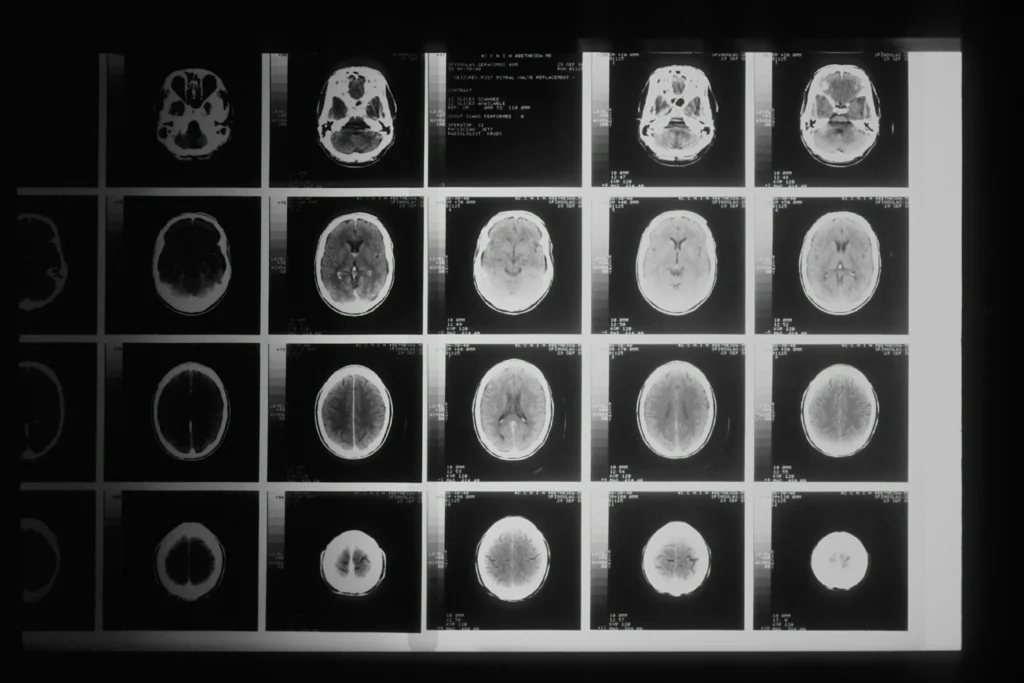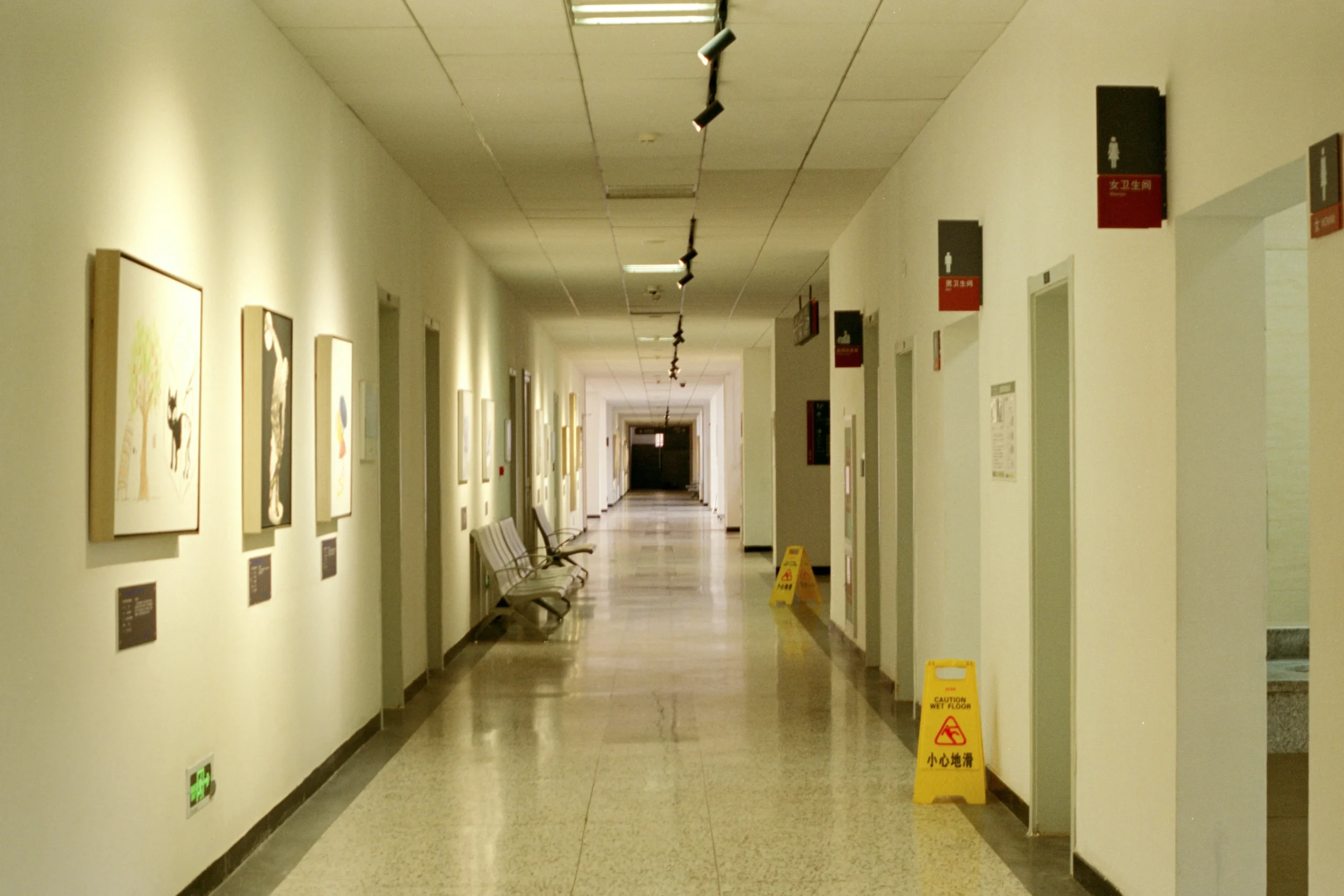Brain injuries are some of the most devastating injuries a person can suffer. They can change how you think, move, work, and live every single day. While many brain injuries happen in car accidents, falls, or sports, far too many are the direct result of medical negligence.
Medical errors are now recognized as a major public health issue, ranking as the third leading cause of death in the U.S., with over 200,000 preventable patient deaths and 400,000 cases of harm in hospitals each year. If you or a loved one has suffered a medical malpractice brain injury, you may be entitled to compensation—and the right Illinois medical malpractice injury lawyer can help you fight for it.
At IllinoisLawyers.com, we’ve been helping families with medical malpractice cases since 2001. As an Illinois attorney referral service, we offer you free legal advice and refer you to an experienced attorney for your case. Contact Illinois Lawyers today for legal guidance from Illinois attorneys.
What Are Brain Injuries Caused by Medical Malpractice?
When a doctor, nurse, or other healthcare provider fails to meet the accepted standard of care, patients can suffer lasting harm. Brain injuries due to medical malpractice happen when that negligence results in damage to the brain.
Some examples include:
- A surgeon who makes an error that cuts off blood supply to the brain.
- An anesthesiologist who gives the wrong dose and causes oxygen loss.
- Birth injuries where a baby is deprived of oxygen during delivery.
What Types of Brain Injuries Are Caused by Medical Malpractice?

There are several types of brain injuries caused by medical malpractice, each with different causes and long-term impacts:
- Anoxic and Hypoxic Brain Injuries
- These occur when the brain is deprived of oxygen.
- Anoxic: Complete lack of oxygen.
- Hypoxic: Insufficient oxygen to the brain.
- Causes: Can stem from anesthesia errors, errors during intubation, or surgical complications that affect respiration or blood supply.
- Traumatic Brain Injuries (TBIs)
- Caused by external trauma to the brain.
- Example: Birth trauma from forceps or vacuum use, or improper patient handling.
- Strokes
- Result from failure to promptly diagnose or treat stroke symptoms
- Or from errors in surgical procedures intended to prevent or treat strokes
- Brain Infections
- Can occur due to delayed diagnosis or inadequate treatment of infections, such as meningitis or encephalitis
- Or through improper sterilization during medical procedures.
- Hemorrhagic Brain Injury
- Bleeding within the brain, often caused by ruptured blood vessels.
- Causes: Malpractice during surgery, failure to monitor patients on anticoagulants, or mismanagement of head trauma.
A trusted Illinois or Chicago brain injury lawyer can help you understand your rights and explore your options for compensation for medical malpractice brain injuries.
Infant Brain Injury Caused by Medical Malpractice

One of the most heartbreaking examples of infant brain injury and medical malpractice happens during childbirth. Doctors and nurses are supposed to monitor for signs of distress. If they miss or ignore these signs, a baby can be deprived of oxygen, leading to conditions like cerebral palsy or hypoxic-ischemic encephalopathy (HIE).
These injuries don’t just affect the child—they impact the entire family for life, with medical costs, therapy, and special education needs often required.
Common Medical Mistakes That Lead to Brain Injury
Medical malpractice can occur in many forms. Here are common types of brain injuries due to medical malpractice:
- Surgical errors: Mistakes during delicate operations or failure to control blood loss.
- Anesthesia errors: Wrong dosage, poor monitoring, or equipment failures.
- Misdiagnosis or delayed diagnosis: Failing to detect a stroke, aneurysm, or infection in time.
- Medication errors: Wrong prescription or dosage causing seizures or brain swelling.
- Birth-related errors: Failing to act during prolonged labor or fetal distress.
Signs of Brain Injury After Medical Treatment
Sometimes, brain injuries are apparent right away, but at other times, symptoms develop slowly. Possible signs include:
- Confusion or disorientation
- Loss of movement or coordination
- Speech problems
- Memory loss
- Personality or mood changes
- Seizures or fainting
- Persistent headaches or fatigue
Can You Sue for Brain Injury in Illinois?
Yes. The law allows patients and families to hold negligent providers accountable if:
- There was a doctor-patient relationship.
- The provider owed a duty of care.
- The provider breached that duty through negligence.
- The negligence directly caused the brain injury.
- The patient suffered measurable damages (medical bills, lost wages, disability, pain, and suffering).
The Role of a Medical Malpractice Brain Injury Lawyer

A brain injury medical malpractice lawyer in Illinois does more than file paperwork. They guide you through every step:
- Reviewing medical records and expert testimony.
- Identifying who is responsible (doctor, nurse, hospital, or multiple parties).
- Calculating damages, including future medical and caregiving costs.
- Negotiating with insurance companies for a fair settlement.
- Taking your case to trial if needed.
Having a brain injury medical malpractice attorney on your side levels the playing field against large hospitals and their legal teams.
Why These Cases Are Different
Brain injury cases require more than proof of negligence—they demand an understanding of medicine, long-term care needs, and life-changing damages. That’s why it’s so important to work with a lawyer who has experience in brain injury medical negligence cases specifically.
Unlike other injury claims, brain injury cases often involve:
- Lifelong therapy and rehabilitation costs.
- Home modifications and assistive technology.
- Loss of earning capacity.
- Emotional damages for both the victim and their family.
Steps to Take if You Suspect Brain Injury Negligence
If you or a loved one may be a victim of brain injury negligence, here’s what to do:
- Get immediate medical care from a trusted provider.
- Request copies of all medical records related to the incident.
- Document symptoms—keep a log of changes in memory, mood, or physical function.
- Contact a brain injury medical malpractice lawyer as soon as possible. Illinois has strict deadlines (statute of limitations), and waiting too long can bar you from filing a claim.
In Illinois, the statute of limitations is generally 2 years from discovery (with some exceptions for minors/disabled patients).
Why Work With IllinoisLawyers.com?
At IllinoisLawyers.com, we’ve helped connect countless people to trusted attorneys who understand the complexities of brain injury medical negligence cases. Our mission is simple: give you the same honest, straightforward advice we’d give a family member or friend.
When you reach out, we’ll:
- Listen to your story and review your situation.
- Connect you with the right brain injury medical malpractice attorney in Illinois.
- Guide you through your options for compensation.
- Make sure you understand your rights at every step.
Need Help Finding an Experienced Attorney?
A brain injury caused by medical malpractice can leave families facing overwhelming medical bills, long-term care needs, and emotional challenges. But you don’t have to face it alone.
If you or a loved one suffered a brain injury due to medical negligence in Illinois, you may have the right to sue for damages. If you’re asking yourself, “Can you sue for brain injury?”, the best way to get answers is to speak with a lawyer who has handled these cases before.
Reach out to Illinois Lawyers today to connect with a brain injury medical malpractice lawyer who will give you free legal advice, fight for your rights, and help you secure the compensation you deserve.




